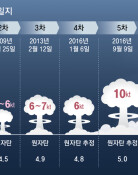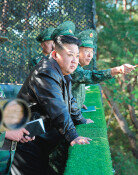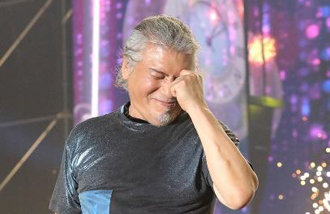Conservatism Rising on U.S. Campuses
Some groups at university campuses in the U.S. are busy with their activities during this summer vacation. They are the conservative groups. Summer camps, seminars and study sessions organized by them are crowded with college participants every day. The participating students are actively engaged in discussions, reading books regarded as the Bible of American conservatism.
The era of conservatism has come back on American college campuses. The New York Times reported on its August 3 edition, Liberalisms main tenets formed earlier are conveyed as assumptions rather than matters requiring theoretical debate, which led the U.S. campuses from the late 1960s. By contrast, efforts to worship and do research on conservatism are growing.
The conservative movement in academia, recently seen at prestigious universities on the eastern coast of the U.S. to small-sized local colleges, emphasizes more on theoretical research than real policies. Conservative college students argue that there have to be philosophical and ideological foundation bases firmly established for U.S. conservatism to understand and criticize the policies of the Bush administration.
Some of the popular scholars among students are Friedrich A. Hayek, Milton Friedman, Russell Kirk, Frank S. Meyer, and William F. Buckley Jr.. These canonical names were libertarians in the 1940s and 1950s. Their books have become essential reading among college students for long periods of time.
Many organizations support such conservative activities on campus. Normally financially stable groups organize various events in liaison with students and professors. The Foundation for Environmental Education or FEE and the Claremont Community Foundation are famous for holding large-scale seminars on campus on market economy, and founding principles of the U.S., respectively. The Heritage Foundation, a conservative think tank, recruits college interns to work for the Republican Party and sends them to Washington.
The most popular politician among conservative students is Ronald Reagan, the former president of the U.S., and not George W. Bush. They almost worship him as the one who is said to have applied the orthodox conservatism philosophy to his policies with the highest integrity. One highlight is a trip to Rancho del Cielo or the Western White House in California for research purposes.
James Ceaser, a professor of politics at the University of Virginia, said, Conservatism in the U.S. has become a buzzword these days, but with a lack of effort to be interested in ideas, adding, This might be a reaction toward how the college curricula in liberal arts have been excessively liberal.
mickey@donga.com
Headline News
- S. Korea, US agree on defense const sharing-plan US presidential election
- Medical school quota discussions spark confusion 40 days before exam
- Zuckerberg surpasses Bezos to become world’s second richest person
- Son excluded from October national team due to thigh injury
- Ruing and opposition leaders launch campaigns ahead of by-election







